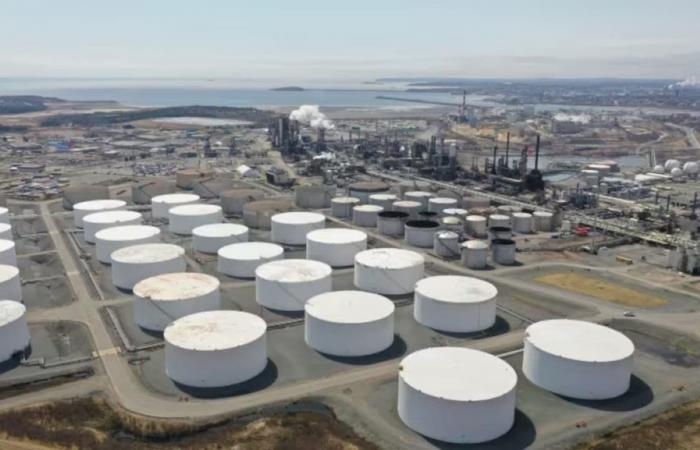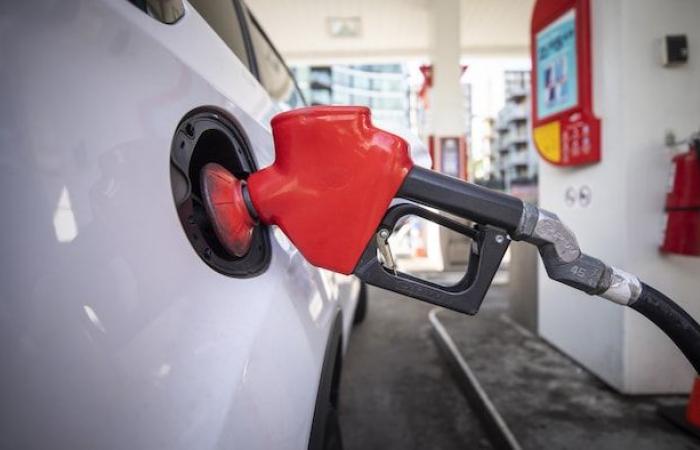An official web page of the New Brunswick government, whose objective is to inform the general public about the federal carbon tax, is criticized by several observers.
Indeed, according to CBC, the site appears to exaggerate the costs consumers would likely pay this year, and it makes no mention of Ottawa’s rebates to offset the tax. Yet a measure at the heart of Ottawa’s carbon policy.
For several months, Prime Minister Blaine Higgs has fiercely opposed the application of the carbon tax. From the site’s home page (New window) we can read : we call on the federal government to reverse the entry into force of these measures and make life more affordable for everyone.
An embarrassing approach in the eyes of Moe Qureshi, director of climate research at the Conservation Council of New Brunswick. He estimates that Even if the province does not agree with the carbon tax, it is its responsibility to present the information as accurately and transparently as possible.
Inaccuracies on natural gas
Questions therefore arise about the accuracy of the facts. According to Liberty Utilitiesthe natural gas distribution company in the province, the statement that can be read on the site and which indicates that a resident who heats with gas will pay $403.36 in carbon taxes and taxes of sale on these fees this year, is 30% too high.
Liberty Utilities estimates that the carbon tax price for a residential customer using natural gas in 2024-2025 will be $271, or $311.65 with the HST included.
Open in full screen mode
New Brunswick Premier Blaine Higgs has regularly opposed the carbon tax. (Photo archives)
Photo: Radio-Canada
Fredericton said in a statement that the province did not look at actual data on New Brunswick’s natural gas consumption to arrive at its high estimate.
Instead, it used a federal government estimate of the amount of energy consumed annually by an average New Brunswick household.
A different calculation system
The province’s carbon tax webpage also appears to exaggerate the costs New Brunswick drivers face.
According to estimates generated by Natural Resources Canada, passenger cars in New Brunswick in 2019, the last full year before the COVID-19 pandemic, consumed an average of 1,088 liters of gasoline per year.
Open in full screen mode
The calculation of the costs of the carbon tax seems exaggerated.
Photo: Radio-Canada / Ben Nelms
But on its web page, the New Brunswick government instead uses the figure of 1,760 liters of gasoline to calculate the annual costs of the carbon tax on a car.
Additionally, the province used an example of a car that travels nearly 30 per cent more kilometers in a year than federal data suggests.
Not a word on the federal rebate
Finally, New Brunswick makes no direct mention of federal carbon tax rebates.
Single adults will receive between $380 and $456 depending on the region. Couples will receive discounts of $570 or $684, depending on where they live.
Information that is not directly included in the New Brunswick carbon tax presentation.
The province did not respond to questions from CBC regarding the quality of information provided to the public regarding the carbon tax.
With information from Robert Jones of CBC







